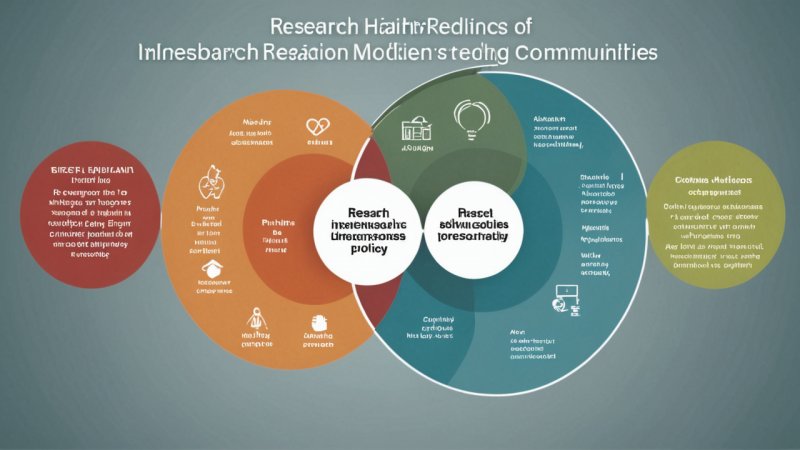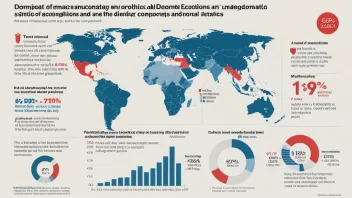The intersection of medical research and health policy is a dynamic and increasingly significant area of focus in today's healthcare landscape. As healthcare challenges become more complex, the reliance on evidence-based research to inform health policy decisions has never been more critical. Medical research not only provides the necessary data but also insights that can shape policy frameworks, ensuring that they are grounded in scientific evidence. One of the most compelling examples of this relationship is seen in the ongoing battle against chronic diseases. Research has identified risk factors associated with conditions such as diabetes and heart disease, leading to the development of targeted health policies. For instance, studies highlighting the links between diet, physical activity, and chronic disease prevalence have prompted governments to implement programs that promote healthy eating and exercise in communities. These initiatives not only aim to reduce healthcare costs but also seek to improve the quality of life for individuals at risk of developing chronic conditions. Furthermore, medical research has played a crucial role in shaping policies related to maternal and child health. Research demonstrating the benefits of prenatal care and early childhood interventions has led to policies that emphasize the importance of these services. Many health departments now prioritize funding for programs that provide access to prenatal care, education on maternal health, and support for new parents, reflecting the influence of research on policy decisions that affect families. Another area where medical research has significantly impacted health policy is in the realm of mental health. As the stigma surrounding mental health issues continues to diminish, research revealing the prevalence and impact of mental disorders has motivated policymakers to advocate for more comprehensive mental health services. Studies that demonstrate the effectiveness of early intervention and integrated care models have led to policies aimed at increasing funding for mental health resources and training for healthcare providers. This shift not only improves access to care but also promotes mental well-being within communities. Additionally, the integration of technology into healthcare has been heavily influenced by medical research. Innovations such as telemedicine, electronic health records, and mobile health applications have all been driven by research findings that highlight their potential benefits in improving access to care and patient outcomes. Policymakers are increasingly recognizing the importance of technology in healthcare delivery, leading to policies that support the adoption of these innovations across healthcare systems. Collaboration between researchers and policymakers is fundamental to ensuring that health policies reflect the latest scientific evidence. Engaging stakeholders from both sectors fosters a dialogue that can result in more relevant research questions and, ultimately, more effective policies. By working together, researchers can ensure that their findings resonate with policymakers, while policymakers can advocate for research that addresses pressing health challenges. In conclusion, medical research serves as a vital foundation for health policy decisions. By providing evidence-based insights, it influences policies that address chronic diseases, maternal and child health, mental health, and technological advancements in healthcare. As the complexities of health continue to evolve, the collaboration between researchers and policymakers will remain essential in developing policies that improve public health and enhance the well-being of communities.
The Impact of Research on Health Policy Decisions
Explore how medical research is shaping health policy decisions in today's healthcare landscape, influencing initiatives from chronic disease prevention to mental health support.






